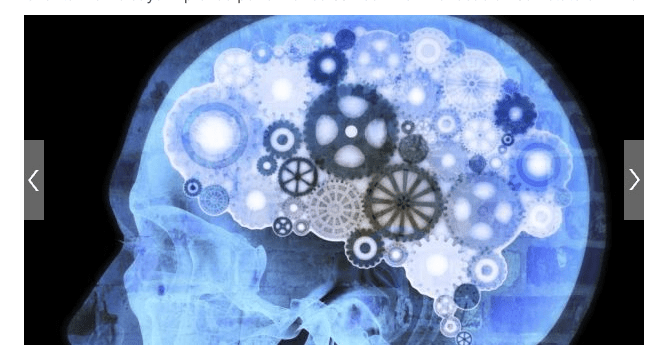
Free Your Mind #3 Likes, Dislikes and other innocent Lies
“It is the mark of an educated mind to be able to entertain a thought without accepting it.” Aristotle
When it comes to preferences, we human beings have many.
We prefer people who are like this and not like that. We prefer particular types of weather, environments or work. And if I asked you to list all the foods you like and dislike, I’m sure you’d have a few things on those lists too.
When I was at school, I was regularly forced by the headmistress to eat rice pudding when it was given to us for desert. She would send me to the back of the hall and demand that I finish what by then, was a cold, congealed bowl of yuck while all the other kids were allowed to go out to play.
Now, as an adult, if I so much as smell that particular food, it makes me feel physically unwell. In fact I’ve been known to go pale just by looking at a rice pudding label. But how can I have that response when I’m not even eating it?
The power of thought is incredible – it’s creating our entire experience of life moment to moment – all feelings, perceptions and physiological reactions. For example, if I asked you right now, to think of a food that you love, you might find saliva beginning to form in your mouth. And similarly when you think about a food you dislike, you may get some physical responses to that too. Just from the thought of it.
The absence of rice pudding doesn’t impact my life in any negative way, so I have no need to like it. But I know I could. I understand that I have a ‘Pavlov’ style conditioned response to the smell that my brain learned many years ago, and it creates a strong response in my mind and body whenever I see or smell it. But I’m pretty sure that if I was in a life or death situation where this was the only food available, I would eat it.
That’s what a change in thinking can do.
Here’s another ordinary example of how thought determines our likes and dislikes.
One day I was doing some accounting work in my office whilst also telling myself how much I dislike doing my accounts. Thoughts such as ‘I have better things to do with my life’…’this is so frustrating’ ‘it’s so boring’…’i hate doing this’ bla bla. Two hours later I was getting into my car to travel to a client and I realised something about my earlier experience. At some point, I had forgotten about not liking accounting and got so absorbed in the moment that it became a totally different experience.
As I reflected on this, I realised how I’d spent years telling myself that I hated working with numbers and that I was terrible at it. I could even tell you a story about what a poor student of maths I was at school – told off frequently by an impatient teacher who had no interest in helping me. But that would just be my story, and it has no bearing on the here and now.
Here’s how it really works:
FACT: There is something we call ‘numbers’ or ‘accounts’.
It has no inherent meaning in and of itself.
FICTION: Our thoughts (ideas, stories) about numbers and accounts – and this is where all the meaning, feelings and responses come from – moment to moment.
You could swop ‘accounts’ for anything that might be more relevant to your life.
The truth is that when we are in the moment, not thinking about anything in particular and just present, there is no like or dislike. There is no resistance. There is simply being and doing.
The experience of accounting – or anything else for that matter – is always an experience of our own thinking, moment to moment. As soon as I realised this, my dislike of it dissolved because I suddenly saw it for what it was. And then I began to consider all the other likes and dislikes that I’d created and had continued to keep alive. I was shocked to discover how many preferences I had. They hadn’t looked like thought but instead had become part of my reality – some kind of truth – and because of that, I hadn’t stopped to re-consider them.
When we have preferences, this automatically creates certain boundaries and constraints. It sets up expectations and gaps – that would not otherwise exist, but for our thinking.
It’s incredible how innocently we limit our experience of life through the power of thought. But the very same power that creates these self-made limitations is also the same power that opens up new potential and possibilities.
So perhaps it’s worth re-considering all the preferences that you’ve acquired or created over the years. What are some of your own likes and dislikes in relation to work, people or personal pursuits?
While you might choose to keep some of them (they might be serving you in some way), maybe there are some that will dissolve as you become conscious of them.
Life is a moment to moment experience. Our preferences are made of thought. They’re based on the past and they have no reality or power of their own. As soon as we realise this, we get a fresh perspective and a new realm of possibility open us.


Leave a Reply